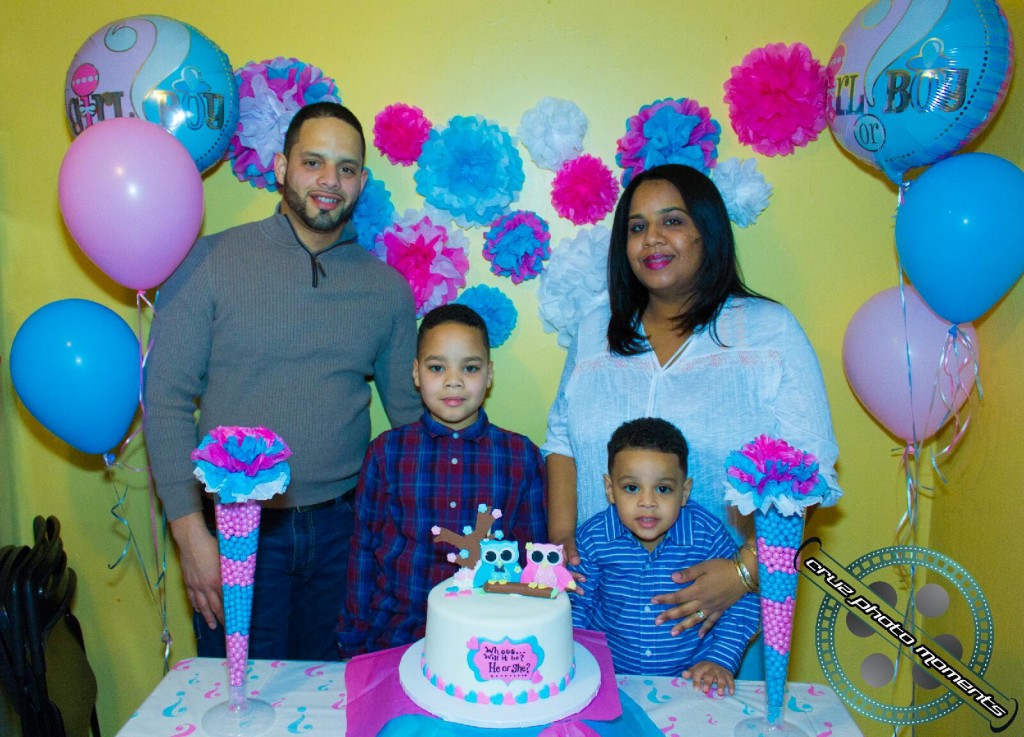When they walk into Maria Chavez’s Boston Housing Authority (BHA) office, many public housing residents come fatigued by the challenges of poverty, stress, and the uphill battle to improve their situation.
Maria embraces them – anyone who enters her office, really – in bear hugs. As coordinator of the BHA’s Public Housing Family Self-Sufficiency (FSS) Program, she “charges them up” with positive pep talk, connecting them to child care, transportation, education, and employment opportunities. But Chavez doesn’t stop there. She encourages her clients to consider a goal so ambitious as to seem dream-like: home ownership.
“People who haven’t worked in over 10 years laugh at me when I say, ‘Let’s talk about goals,'” she said. “But then they see my other clients – the look of a person once they’re transformed, bitten by the bug of financial responsibility, no longer living day to day, knowing how to save, establishing the discipline of being financially secure. This is one of the gateways to being able to leave the housing development.”
The key to realizing Maria’s vision for her clients is her partnership with the Roxbury Center for Financial Empowerment. Maria refers her clients, many with no or low credit, to work with the center’s financial coaches, who coach them on credit-building, money management, and financial planning.
“There have been 25 or so participants in the partnership total [since January 2014], and 20 in the pipeline right now,” said Alan Gentle, manager of the Roxbury Center for Financial Empowerment. “Several clients have had their FICA scores go up, a couple have been pre-approved for a mortgage loan, some have consolidated student loans, and another settled a credit card.”

Like many FSS clients, Dilia Feliz came to the financial center having never budgeted before. Over the last year, she’s paid off her car and is now seeking to get approved for a mortgage. She hopes to move into a new house before her third baby is due.
“It’s helped me feel proud of what I’ve made,” Dilia said. “I’m only 27. I look at myself and think when I’m 50, my house will probably be paid off. That’s what motivates me.”
That motivation is in many ways spurred by the yin-yang styles of the BHA FSS-Roxbury Center partnership. Maria supplies intense case management, urging clients to call or text any time of day to report on each step toward their goals.
“I want an update for every meeting, even if it’s only 5 minutes,” she said. “I’m there like a piece of gum stuck to you. I am there for you.”
That vigilant care makes FSS clients some of the center’s most reliable, Alan said. It also means that Maria doesn’t shy away from telling him when she thinks her clients need more explicit guidance with their financial homework.
“Our relationship is strong enough that I can talk bluntly about what my clients need,” said Maria, who has known Alan since the 1980s when they worked together at the state’s then-Department of Employment and Training.
In turn, Alan’s staff contribute a dose of financial pragmatism. As financial coaches review the responsibilities of home ownership, Alan said, a client’s goal may shift to, for example, paying for a child’s schooling instead.
“For us, this is also success,” Alan said. “We’re centered around empowering clients’ capacity to make decisions. Whatever your aspiration is, we’ll figure it out and meet you there.”
Adalziza Campbell, 36, is one client who knew she wanted a house. When she entered the FSS program, the Cape Verdean native was living in the BHA Charlestown housing development, waiting for a larger unit for herself, her husband and their three children.
Now, she has received pre-approval for a loan that will help her and her family move out of BHA and into a community she can afford, a choice guided by the Roxbury center’s practical advice.
“I learned from my financial coach that I don’t want to get into something that will compromise my future or my kids,” she said. “I want to work within my budget.”
But the seed was planted by Maria, who encouraged her to believe that a home was within her sights and could improve her life.
“When we buy our home, the kids will have their own rooms, and if the older kids ever need a place to stay, they can,” Adalziza said. “We can all stick together.”
